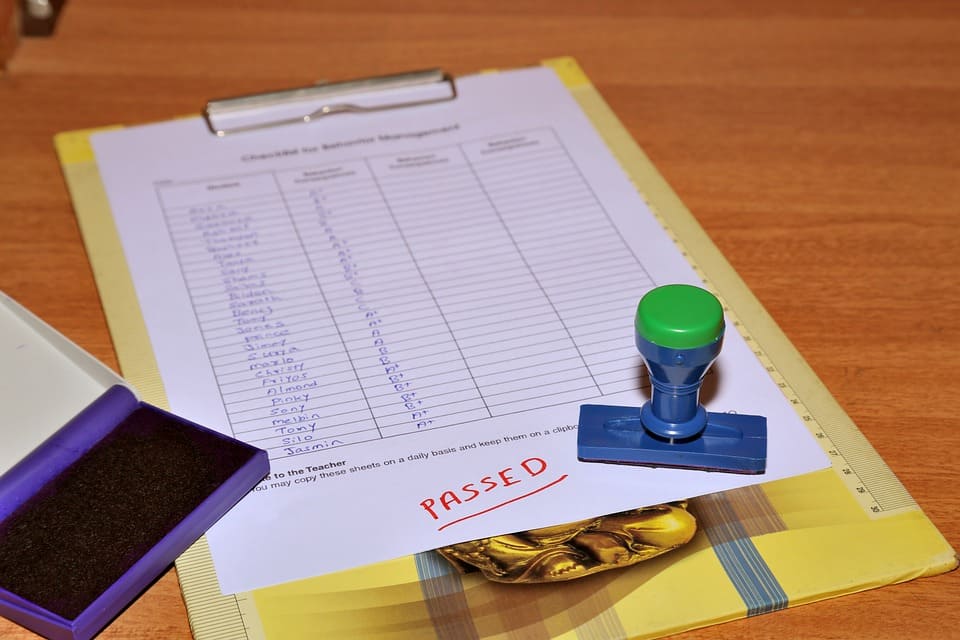Top Ph.D. Colleges in Hyderabad 2025: English & Foreign Languages University - EFLU Complete Guide (Last Date, Cutoff, Placements, Ranking, Process, Criteria, Syllabus)
PhD in Physics is a three-year doctoral program that is regarded a suitable degree for individuals who desire to pursue full-time independent research, providing them with research skills and specialist knowledge. The PhD in Physics course consists of research-based subjects that are carried out realistically. The course includes Quantum Optics and Laser Physics, Matter Physics, Solid State Physics, Materials Science, High Energy Physics, Nonlinear Optics, and Electronic Science.
A Bachelor's degree, M.Phil. degree, or MSc in Physics or Material Science with a minimum aggregate score of 60% is required for admission to the PhD in Physics program. apart from merit, the admissions procedure consits other entrance tests such as CSIR/UGC-JRF, CSIR/UGC, and JEST/GATE for PhD in Physics programs.
However, PhD remote education is no longer valid according to the UGC, although a PhD degree from English & Foreign Languages University - EFLU will be acknowledged. The average annual fee for a distance PhD in Physics program ranges between INR 15,000 and 20,000. PhD in Physics is one of the top professional degrees available today, which explains its popularity among research applicants. There are numerous PhD programs available, however each year, a considerable number of students enroll in the Physics department. After getting a PhD in Physics, there are numerous career choices available in the market. Major job titles include Physics Professor, Physicist, Research Scientist, Biophysicist, Natural Science Managers, Petroleum Engineers, Researcher, Subject Matter Expert, and Nanotechnologist.
PhD in Physics Highlights
| Course Name | Doctor of Philosophy in Physics |
| Duration | 3 Years |
| Admission mode | Entrance based |
| Eligibility | Master |
| Official website | [[WEBISTE]] |
What is PhD in Physics ?
The following points should be keep in consideration to persue PhD in Physics.
- The PhD in Physics course prepares applicants to conduct research, become subject matter experts in any specific topic of interest, and open up employment opportunities in a variety of sectors.
- The PhD in Physics program prepares you for advanced study in Physics and specializes in topics such as Atomic and Condensed Matter Physics, Laser Physics, Particle Physics, and more.
- The PhD in Physics course can only be pursued full-time because part-time degrees are no longer accepted under UGC standards. If the guidelines are followed correctly, it is possible to get a distant degree from English & Foreign Languages University - EFLU.
- For students looking for positions in this field, the PhD Physics course lasts three years.
Why pursue a PhD in Physics?
Students should persue PhD in Physics for following reasons:
- Top skills acquired: PhD in Physics teaches students how to conduct experiments, construct theorires and use mathematical modeling, as well as learn about natural principals in subjects such as optics, classical and quantum mechanics, electrictity and megnetism, astronomy and astrophysics, biomedical physics and so on.
- Future career opportunities: Students with a PhD in Physics can persue a variety of careers, including researcher, scientist, physicist, lecturer and professor, author and writer, journalist editor and critic, human services worker, independent consultant, philosophical journalist, industrial R&D lab professionals, senior research scientist and so on.
- job opportunities: Students can find work in a variety of industries, including education, medicine, healthcare, research, finance, consulting, information technology and banking.
PhD in Physics Admission Procedure
The admission method for the PhD in Physics is based on entrance exams like CSIR/UGC-JRF/CSIR/UGC, JEST/GATE, and others. Personal interviews will be used to further select qualified individuals.
- Some institues also provide direct admission to candidates on a merit basis, with a minimum of bachelors degree and 60% aggregate grades.
The following are the measures to bear in mind when applying for a PhD in Physics admission.
- Register online on the English & Foreign Languages University - EFLU application portal by entering your name, mobile number and email address.
- Log in with accurate informations. Fill out the online application form and submit personal and academic information such as gender address, subject and marks.
- Upload scanned copies of all relevant papers, such as photograph, signature, marks heet and certificates. the scanned copies must follow the specified dormat and size.
- Pay the application cost provided by English & Foreign Languages University - EFLU. The registeration confirmation will be provided to candidate once the money has been successfully processed.
- Candidates should download and save the application form to proceed.
PhD in Physics Eligibility
The following are the eligibility requirements for the PhD in Physics:
- Candidates for PhD in Physics must have a bachelors degree, M.Phil degree or M.Sc Physics or material science with an aggregate score of at least 60%.
- A minimum of 60% aggregate or equivalent CGPA (down to 55% or equivalent CGPA for SC/ST). Various colleges hold entrance tests, such as the CSIR/UGC-JRF, CSIR/UGC, and JEST, followed by a personal interview for admission.
How to Prepare for Entrance Exams
- PhD in Physics admission examinations are the most extensive and competitive tests for research positions. candidates should determine how much time and days they will need to prepare thoroughly.
- Engineering science and mathematical ideas should be well learned. Questions will be asked about quantitative ability, general ability, engineering, statistics and other topics. candidates should manage their time in accordance with each subject and topic.
- To learn about exam pattern, candidates should solve sample question papers as well as take many mock examinations and models. This gives candidates a sense of the exam pattern, which saves them a lot of time during the exam.
- Candidates must learn to manage their time properly in order to answer 65 questions in around three hours, which will carry a total of 100 marks.
PhD in Physics Syllabus
Some of the basic and major PhD in Physics syllabus, which every applicant must study throughout the degree, are listed here.
Semester I
Research Methodology and Statistics
Theoretical Physics
Experimental Physics
Numerical Methods and Simulation
Research and Technical Communication
Semester II
Physics Laboratory
Mathematical Methods
Quantum Mechanics
Statistical Mechanics
Numerical Methods and Programming
Semester III
Electrodynamics
Condensed Matter Physics
Condensed Matter Physics Lab
Department Elective
Open Elective
Semester IV
Atomic and Molecular Physics
Nuclear and Particle Physics
PhD Project
Department Elective
Open Elective
PhD in Physics Job Prospects and Career Opportunities
After successfully completing the PhD in Physics program, graduates have numerous job opportunities. They can work in industries such as information technology, research, chemical, medical, healthcare, education, and engineering, as well as research administration, university administration, science reporting, technical management, and marketing.
Graduates from this PhD in Physics from English & Foreign Languages University - EFLU can pursue careers as a researcher, scientist, physicist, lecturer & professor, author & writer, journalist, editor & critic, human services worker, independent consultant, philosophical journalist, industrial R&D lab professionals, senior research scientist, and more.
PhD in Physics Future Scope
PhD in Physics courses familiarize students with the principles of physics. Candidates who complete the course are encouraged to pursue notable employment prospects such as Research Scientist, BioPhysicist, Environmental Engineering, Physics Faculty, and so on.
FAQs
Ques. What can I do after obtaining a PhD in Physics?
Ans. You have a wide range of career options, including working as a researcher, scientist, physicist, lecturer & professor, author & writer, journalist, editor & critic, human services worker, independent consultant, philosophical journalist, industrial R&D lab professionals, senior research scientist, and so on.
Ques. Is a PhD in Physics worthwhile?
Ans. Graduates with a PhD in Physics degree are well-positioned to obtain high-paying research or physicist level jobs, with an average annual salary of INR 8 LPA.
Ques What is a PhD in Physics?
Ans. The PhD in Physics course offers both experimental and theoretical physics education, with the goal of providing students with a thorough professional experience in the field. Students will explore a variety of topics.
Que What scope does a PhD in Physics degree have?
Ans. The PhD in Physics course teaches the fundamentals of physics. Candidates who complete the course are encouraged to pursue notable employment prospects such as Research Scientist, BioPhysicist, Environmental Engineering, Physics Faculty, and so on.




